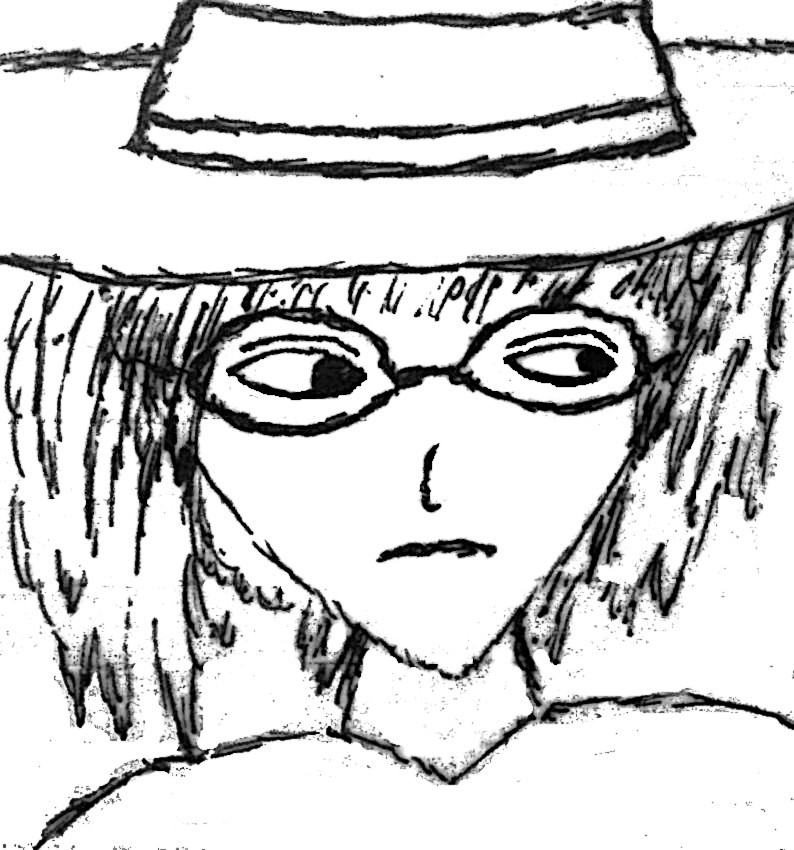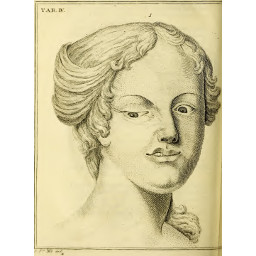The UCLA news office boasts, “Comparative lit class will be first in Humanities Division to use UCLA-developed AI system”.
The logic the professor gives completely baffles me:
“Normally, I would spend lectures contextualizing the material and using visuals to demonstrate the content. But now all of that is in the textbook we generated, and I can actually work with students to read the primary sources and walk them through what it means to analyze and think critically.”
I’m trying to parse that. Really and truly I am. But it just sounds like this: “Normally, I would [do work]. But now, I can actually [do the same work].”
I mean, was this person somehow teaching comparative literature in a way that didn’t involve reading the primary sources and, I’unno, comparing them?
The sales talk in the news release is really going all in selling that undercoat.
Now that her teaching materials are organized into a coherent text, another instructor could lead the course during the quarters when Stahuljak isn’t teaching — and offer students a very similar experience. And with AI-generated lesson plans and writing exercises for TAs, students in each discussion section can be assured they’re receiving comparable instruction to those in other sections.
Back in my day, we called that “having a book” and “writing a lesson plan”.
Yeah, going from lecture notes and slides to something shaped like a book is hard. I know because I’ve fuckin’ done it. And because I put in the work, I got the benefit of improving my own understanding by refining my presentation. As the old saying goes, “Want to learn a subject? Teach it.” Moreover, doing the work means that I can take a little pride in the result. Serving slop is the cafeteria’s job.
(Hat tip.)


Which is why many a syllabus is absolute crap as a standalone document: they don’t make much sense without the context of the classes/instructions/projects. It’s not supposed to teach a subject, it’s supposed to teach a very specific piece of a subject.
I also love that this article somehow seems to think professors and teachers recreate the source material from scrap every year. I mean, yeah, scientific fields require updating as new information becomes available, but I don’t think works of literature get a lot of updates as time passes. At most, you need to add to it as the field progresses, but I doubt literary analysis ever turns out to have been wrong.
Sometimes. But more importantly a good literature prof will be highly responsive to ongoing changes in the world around them with respect to the selection of texts, texts themselves will develop new resonances as times change (consider how Richardson’s Pamela; or, Virtue Rewarded might have changed before and after MeToo), and as critics generate new literature of their own, new perspectives have to be considered. These points, it turns out, all circulate around what you said here:
This isn’t really true. At the most basic level of analysis (which isn’t strictly correct, but will do for now), there are never less than two components, and one of them does change as time passes. (1) The words themselves, usually printed on a page without much variation between copies, and (2) the reader of those words. This “reader” is a hugely complicated object, and the text itself doesn’t really exist in any meaningful sense without one (dried ink letters are not “language” as such, but at most a record of information which generates language upon activation by a mind). It is this “reader” (or the huge variety of “readers” who continue to come in and out of existence as time passes) who generates changes that have to be kept up with in the study of literature, but that reader is a vital object of study in the (very roughly speaking) twofold object of literary studies.
Even the idea of an unchanging but growing corpus disguises, and yet relies on, this twofold division. The maintenance of such a corpus relies on the maintenance of a tradition of readers entrusted with the assumptions and techniques of interpretation pertinent to the ideals of that tradition. What is often foregrounded here is the maintained tradition, external to individual readers, but it is those individual readers who, collectively, actually do the work of keeping it.
The job of an up-to-date literature course is to attempt to account for such changes over the span of a three month term/semester, and it’s the consequent process of selection and refinement that generates the work which is being suspiciously handed off to a scammy robot in the article.